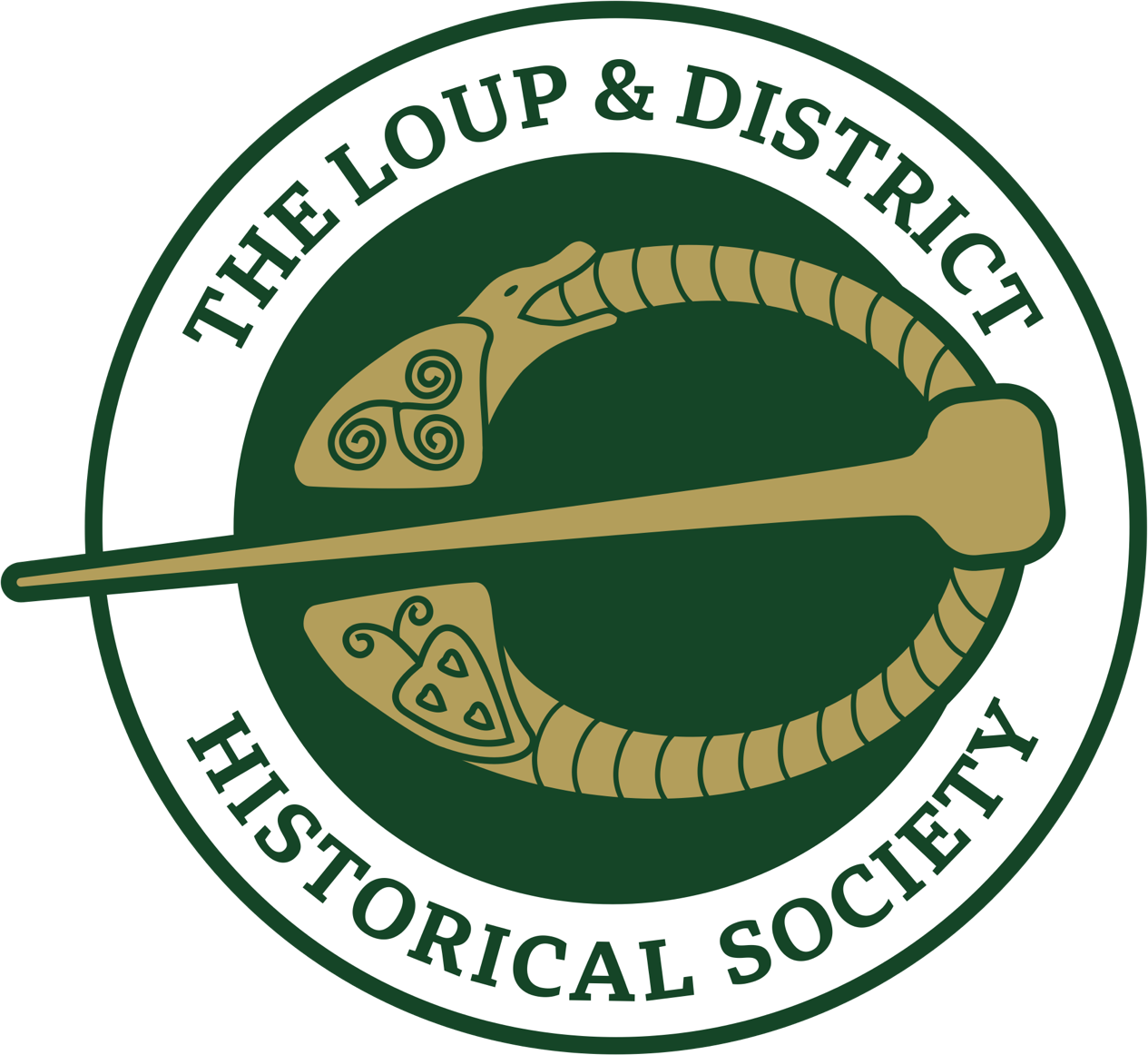Thousands of people lie buried in the three graveyards which surround the former site of the Magherafelt workhouse. At least three burial grounds were in use during the lifetime of the workhouse (see map for location). Unfortunately, a burial register for the workhouse does not survive, but for some there are ways of ascertaining who […]
The early years of the workhouse also witnessed the assisted emigration of ‘inmates’, although these were not as well remembered in social memory as the so-called ‘Earl Grey Orphans’ of 1848 to 1850. The assisted emigrants included thirty adults and nine children in 1847 in an effort to reduce the burden on the house and […]
Even before the onset of the Famine, the Magherafelt Poor Law Guardians believed that that a fever hospital separate to the main building was needed to prevent serious outbreaks of disease. This was forward thinking and in a number of poor law unions throughout Ireland this was to have disastrous effects when the Famine struck. […]
Although often seen as a place of last resort, the workhouse provided safe haven from the harsh Irish weather. It also provided regular meals, although the diet in the workhouse varied from time to time and there many occasions when the ‘inmates’ were unhappy with their lot. On the eve of the Famine the diet […]
One of the reasons why people were so reluctant to enter the workhouse was that upon entering the building men, women, and children were separated throughout the course of their stay. Infants, usually classified as under two were allowed to remain with their mother as there were being breastfed. Only occasionally were people allowed to […]
Throughout the Famine period, and indeed for some years after, both the guardians and the inhabitants of the poor law union frequently petitioned government on a number of matters relating to their locality and the country as a whole. Indeed, a glance at the British parliamentary papers from the 19th century reveals a host of […]
THE DAISY HILL HOTEL. (MAGHERAFELT WORKHOUSE) Ah! then, Willie dear, and did you hear. The news that’s goin’ round? All alien tramps must cease to tread The Magherafelt Union ground. Like wise the Old Age Pensioners, The same fate has befel, Who, homeless, sought for comfort In the Daisy Hill Hotel. Then Willie said, “What […]
There were strict rules governing those who entered the workhouse. It was forbidden to leave the workhouse without the consent of the guardians or officials. Cases of ‘inmates’ absconding were usually brought before the Magherafelt Petty Sessions. John McWey was one such man who ‘absconded’ from the workhouse after ten days in 1850. A sixty-five-year-old […]
While attempts were made to alleviate the Famine crisis through emergency relief measures such as the importation of grain, public works schemes and soup kitchens, from 1847 British governments increasingly turned to assisted emigration as part of the solution. By December 1847, overcrowding in the workhouses had reached crisis point. The annual report of the […]
There were strict rules governing those who entered the workhouse. It was forbidden to leave the workhouse without the consent of the ?????? John McWey was one such man who ‘absconded’ from the workhouse after ten days in 1850. A sixty-five year old weaver from Bellaghy, perhaps he thought his chances outside were better or […]



